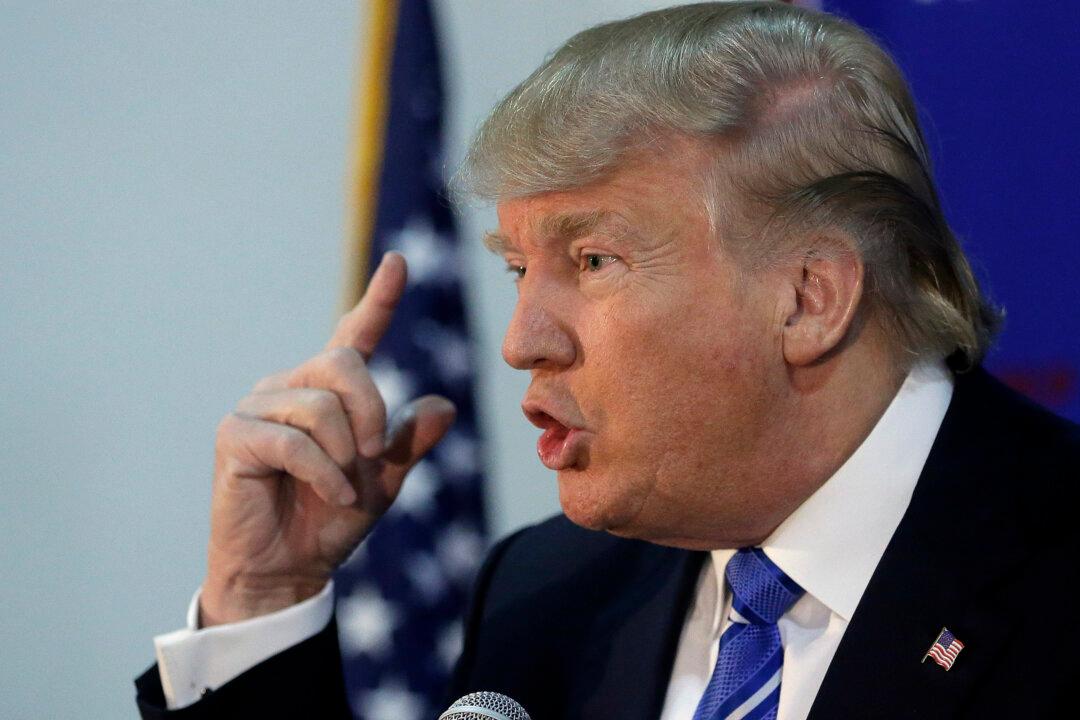NEW YORK—Donald Trump is arguably New York City’s most famous resident, and he’s made some of his money off the name of one of the city’s most famous public landmarks: Central Park.
The leading Republican presidential candidate first applied for a trademark to use the words “Central Park” on merchandise more than two decades ago, when the park had a far less glamorous reputation than it does today. Since then, Trump has used the non-exclusive trademark to brand furniture, chandeliers, pillows and even key chains.
A Trump spokesman declined to say how much Trump has earned from the trademark, but he noted the developer’s deep connections to the park. Trump once owned the Plaza Hotel along Central Park South, operates a skyscraper hotel overlooking the park and famously renovated the park’s once-downtrodden ice rink.
“Mr. Trump, over the course of his career, has owned and developed some of the most iconic buildings in the city, many of which ... sit only footsteps away from Central Park,” said Alan Garten, executive vice president and general counsel to The Trump Organization.
Since it is a public space, no one can put an exclusive trademark on the words “Central Park.” But, as first reported by cable news channel NY1, records show that Trump is the single biggest private, for-profit holder of Central Park trademarks on specific goods.
It was undeniably a savvy move.
His first application came in 1991, when the city’s violent crime rate was near its height and the park often conjured up fears of urban danger. There were 2,154 murders in the city that year, as opposed to 328 last year, and 1991 was just two years removed from the Central Park jogger case in which a woman was attacked and raped while running through the park.
According to the records kept by the U.S. Patent and Trademark Office, Trump first received permission to use Central Park for parking garage services, and later expanded the trademark as the park became synonymous with the high-priced real estate that surrounds it in a safer, more affluent New York.
A 2007 trademark allowed him to put the park’s name on dozens of Trump-branded furniture and lighting options. Beds, tables, desks, lamps, flashlights, picture frames and throw pillows all bore the names “Central Park” and “Donald Trump.” A glossy, 44-page furniture catalog boasted photos of the “elegant and rich” furnishings with stylized shots of the park and Trump.
Many of Trump’s Central Park products are not currently in production, but they can be found in some discount stores and gift shops.





